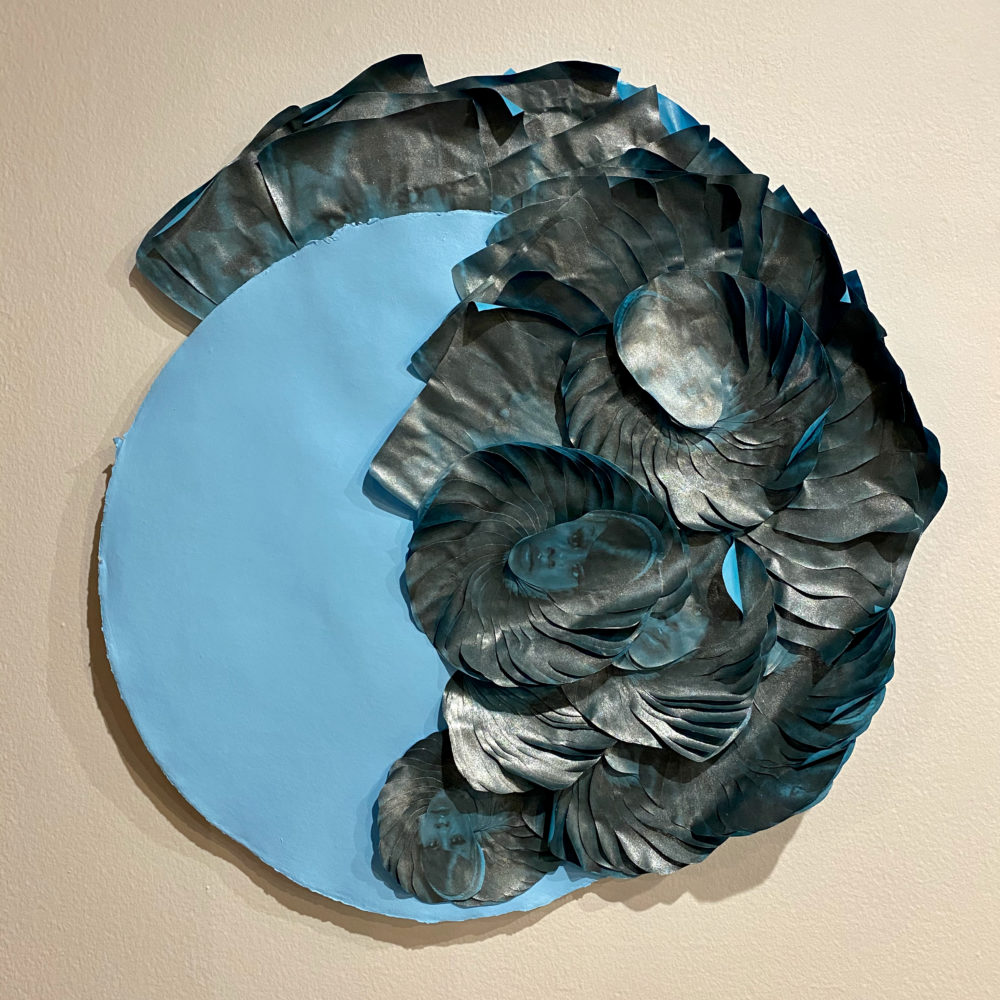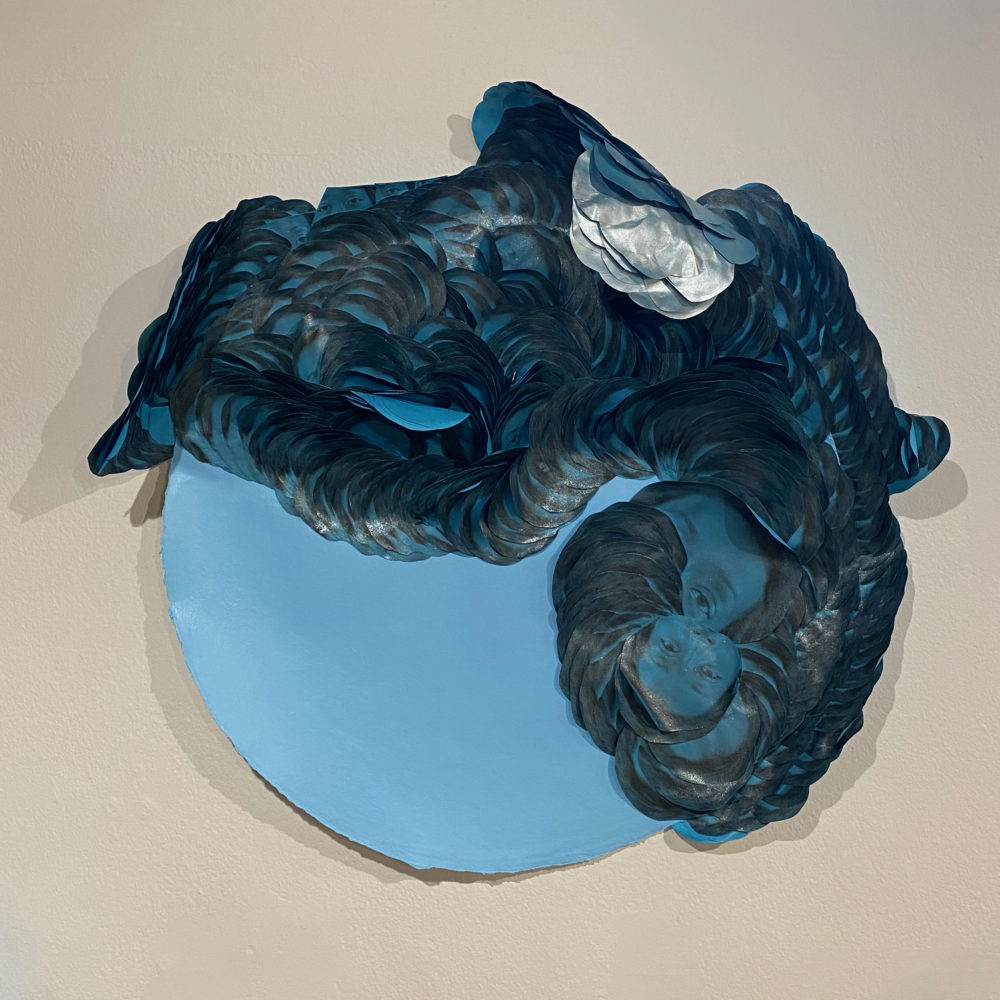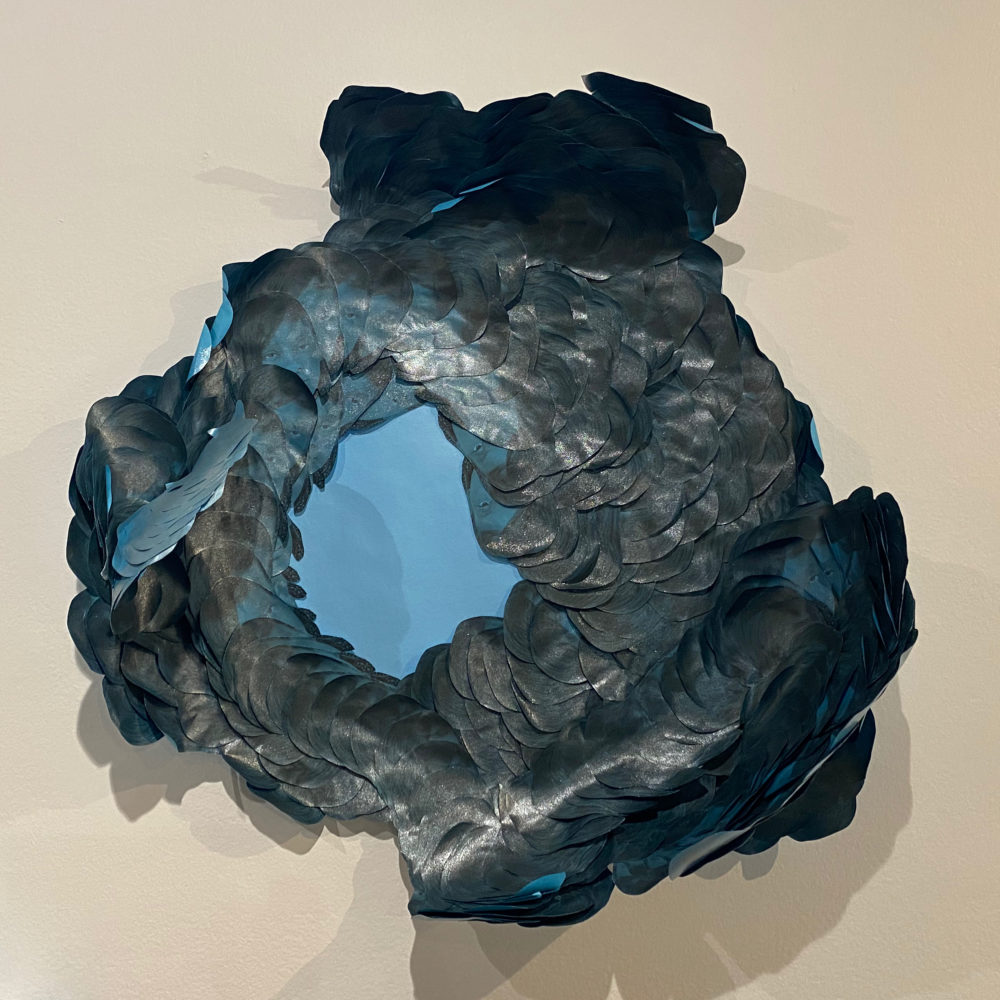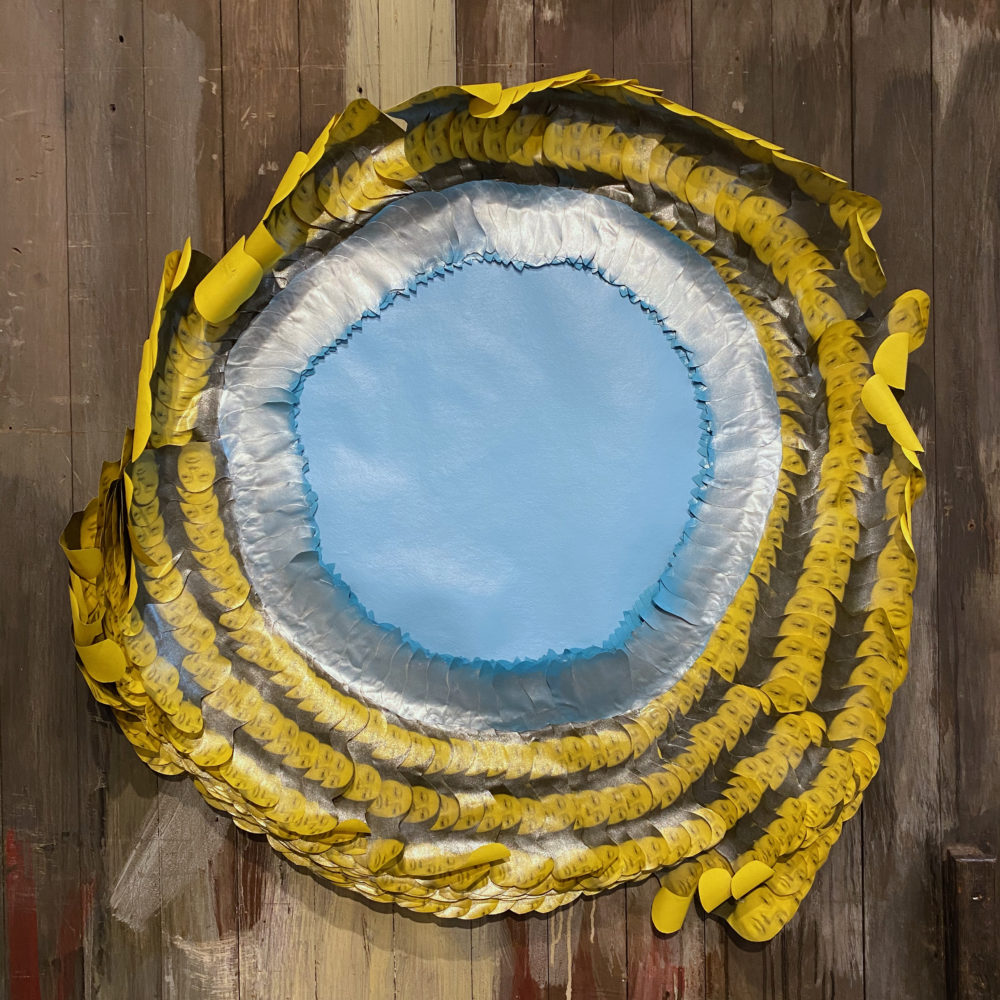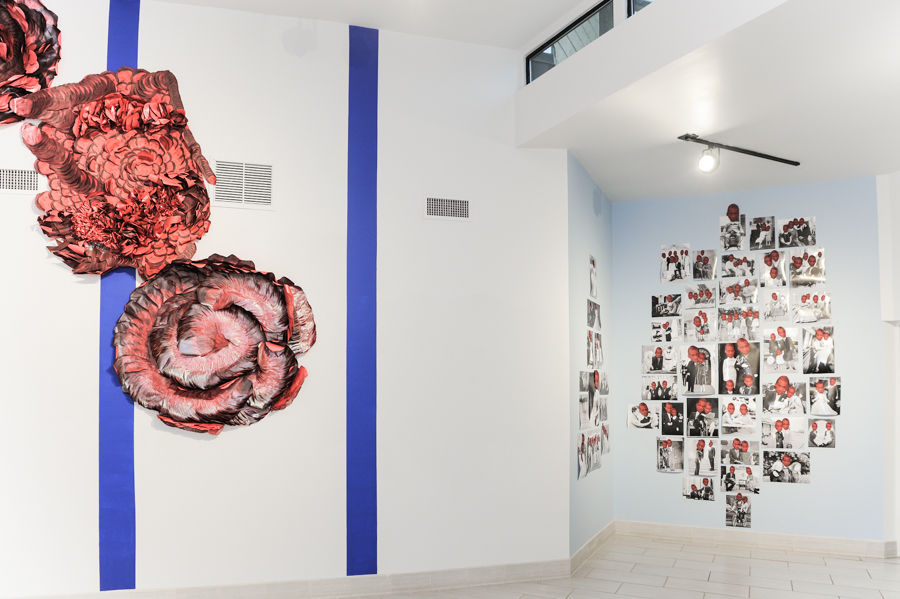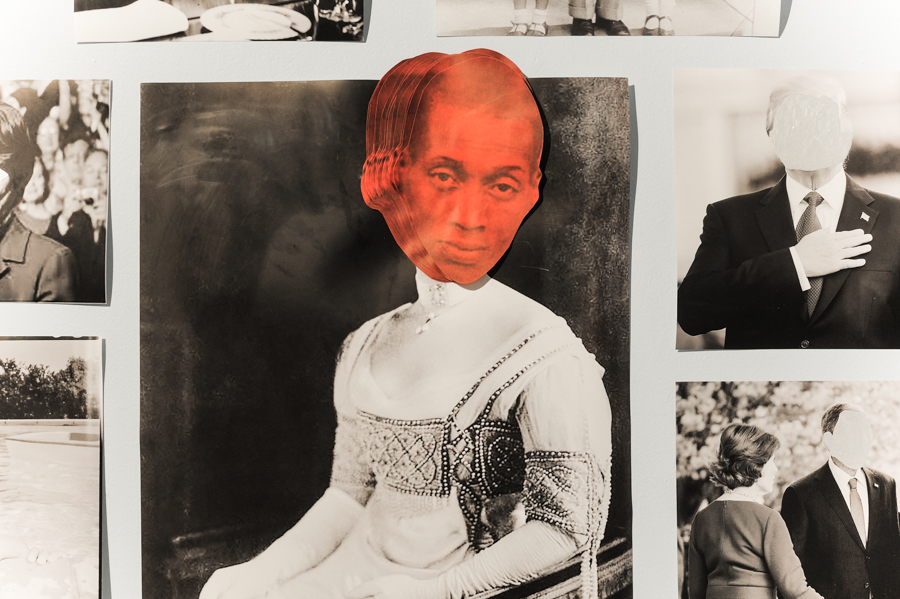“Yanique Norman embodies meaning in her use of materials and approach to the college process—providing a reifying look at blackness as unorthodox life progression, in what she deems ‘Black Fungibility.'” – Faron Manuel, Independent Curator and Andrew W. Mellon Curatorial Fellowships Program Coordinator, High Museum of Art
“Yanique Norman has an exciting and conceptually strong body of work that is ripe for even further exploration and development at this stage in her career.” – Lauren Tate Baeza, Fred and Rita Richman Curator of African Art, High Museum of Art
YANIQUE NORMAN is a multidisciplinary artist whose practice explores issues of privilege, nationalistic ideologies, alienation, and Black embodiment operating under a mode of critique called Black Fungibility. Norman defines Black Fungibility as “an alternate ideological dream model” that tethers Black experience with scientific and technological actions of organic transmutation, multiplicity, reproduction and shapeshifting through installation, sound, video, sculpture, and drawings. Born in Spanish Town, Jamaica, Norman migrated to the United States at age twelve. She completed her studies at the School of the Art Institute of Chicago (MFA, 2018) and Georgia State University (BFA, 2014). Norman was recently awarded the Individual Artist Career Opportunity Grant (2022); United States Artists Relief Grant (2021); Artadia Award: Atlanta (2020); National Museum of Women in the Arts of Georgia Grant (2020), Foundation for Contemporary Arts Emergency Grant (2019) and Susan Antinori Visual Artist Grant (2019). Her work can be found in the public collections of the High Museum, Clark Atlanta University Art Museum and Hammonds House Museum.
As a multidisciplinary artist that examines issues of privilege and nationalistic ideologies through installation, video, sculpture and drawings; work rigorously engages with postcolonial and fungible discourses. Situating work within a fantastical methodology, Black Fungibility, tethers blackness to an actual fungus so as to better understand its unique physiognomy. By nestling work within the confines of mycology, work explores how blackness is both expressed and produced specifically through a pseudo-scientific lens. By aiming to radically upend existentialist claims that too often render blackness very simplistically, Black Fungibility, is an urgent corrective, as it gorgeously captures the peculiar constitution of black interiority while simultaneously treating white iconography, an essential biological component of black DNA, like a deadly pathogen.
In latest series, The Last Ladies, work makes radical reconsiderations of official portraits of US presidential wives that serve as a reclamation project on iconicity while also offering a serious reflection on the counter-narratives regarding blackness. Obsessed with both the FLOTUS body and its tangential and precarious relationship with power, work also finds itself grappling with the temperamental nature of carcerality. In looking specifically at the interconnections between the oligarchy and proletarian class, especially within a Trumpian worldview where conventionality is ceaselessly attacked and upended, Last Ladies series, provides a much-needed space to test out the viability of Black Fungibility theory. Here, the ultimate intention of series is to hijack the oligarcal order so as to reestablish a more equitable balance of power–which in a fungible context– is to jail the scandalously free and exonerate the mercilessly maligned by whatever means necessary.

